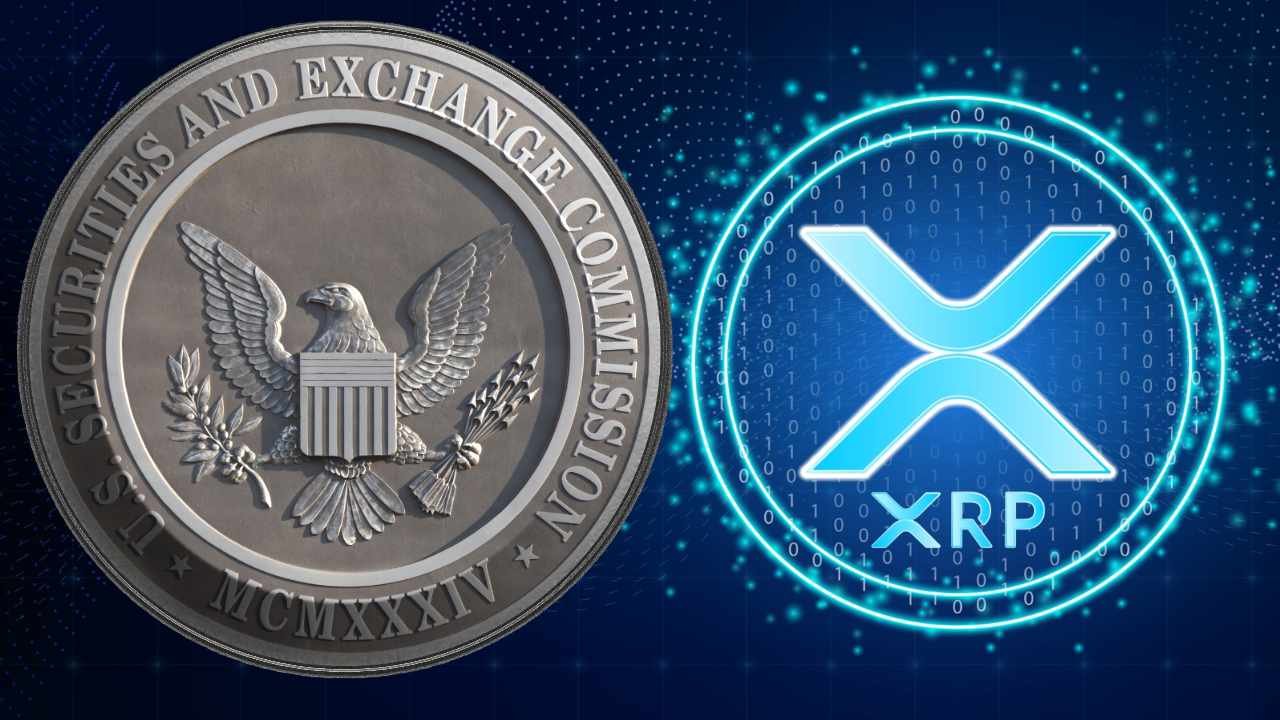The ongoing legal battle between Ripple Labs and the U.S. Securities and Exchange Commission (SEC) has become a focal point for the cryptocurrency industry, testing the regulatory powers of the SEC and setting a precedent for how digital assets are treated under U.S. law.
Key Highlights:
- Partial Victory for Ripple: Ripple Labs achieved a notable win against the SEC, marking a significant moment for the crypto industry. This case has been closely watched as it challenges the SEC’s stance that most crypto tokens are securities.
- SEC’s Partial Success: The SEC won a partial victory, with the court finding that Ripple’s sales of XRP to sophisticated investors were unregistered securities offerings. This underscores the complexity of the legal landscape surrounding digital assets.
- Impact on the Crypto Industry: The ruling has implications beyond Ripple, offering hope to other crypto firms entangled in legal battles with the SEC. It has sparked discussions on the need for clear regulations for digital assets.
- Continued Legal Developments: Despite Ripple’s victory, the SEC has signaled its intention to appeal, showing the ongoing legal tensions between regulatory authorities and the crypto sector.
Understanding the Ripple Lawsuit
The lawsuit centers on the SEC’s allegation that Ripple conducted a $1.3 billion unregistered securities offering through its sales of XRP. Ripple’s defense highlights the ambiguity in the application of the Howey Test, traditionally used to determine what constitutes a security, to digital assets sold on secondary markets.
The case has explored the extent to which digital assets traded on secondary markets can be considered securities, focusing on the promotional efforts and representations made at the time of sale. This legal battle touches on fundamental questions about the nature of digital assets and their regulation.
The Heart of the Ripple Case
At the core of the Ripple case is the SEC’s claim that Ripple conducted a $1.3 billion unregistered securities offering by selling its cryptocurrency, XRP. The SEC’s argument hinges on the application of the “Howey Test,” a standard derived from a 1946 Supreme Court case used to determine whether certain transactions qualify as investment contracts and thus, are subject to securities laws. Ripple, however, argues that XRP is not a security but rather a currency or a medium of exchange, emphasizing the need for regulatory clarity in the rapidly evolving crypto space.
The Implications for Crypto Regulation
This lawsuit has broader implications for the regulatory environment of the cryptocurrency industry in the U.S. The partial win for Ripple, alongside the SEC’s ongoing efforts to appeal, underscores the evolving nature of crypto regulation and the need for legislative clarity.
The case has prompted calls from within the crypto community and some lawmakers for clear rules governing digital assets. The industry seeks a regulatory framework that acknowledges the unique characteristics of cryptocurrencies and supports innovation while protecting investors.
The Path Forward
As the legal proceedings continue, the Ripple case serves as a critical test of the SEC’s regulatory authority over the cryptocurrency market. The outcome of this lawsuit and the potential for further legal challenges highlight the ongoing debate over the proper regulation of digital assets.
The Ripple lawsuit not only affects Ripple and XRP but also has significant implications for the broader crypto industry, shaping the future of digital asset regulation in the United States.


















